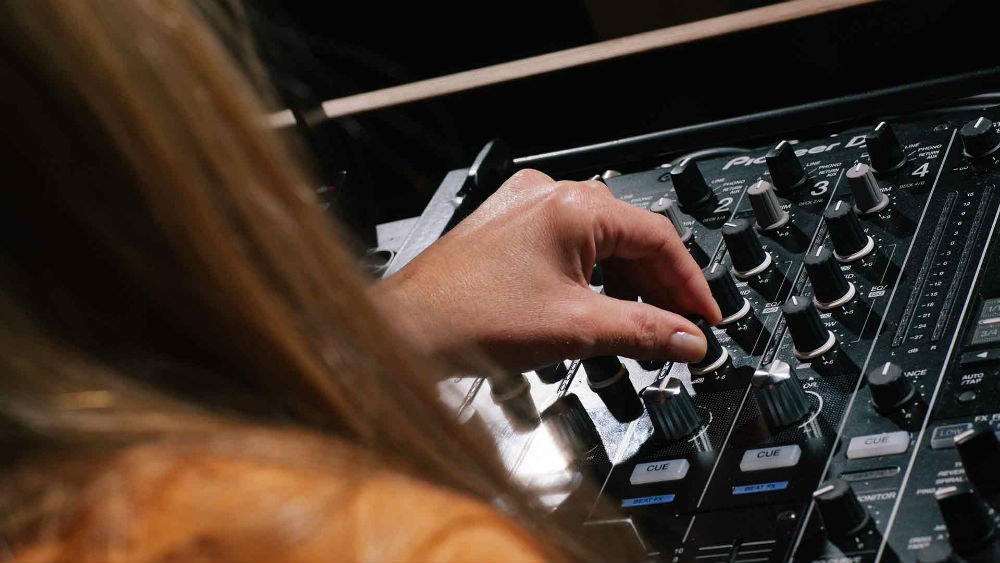
■ Features
Arts Council England’s 'Developing Your Creative Practice Fund' is now open for applications, closing on the 27th of May 2021.
Tal Fineman is the co-founder of London-based party Cabin Fever and sister label Control Freak Recordings. As a DJ and promoter with a wealth of experience in the UK’s live music scene, we asked him to investigate Arts Council England’s newly revamped ‘Developing Your Creative Practice’ scheme, exploring its relevance and accessibility to artists and creators in the Pirate community.
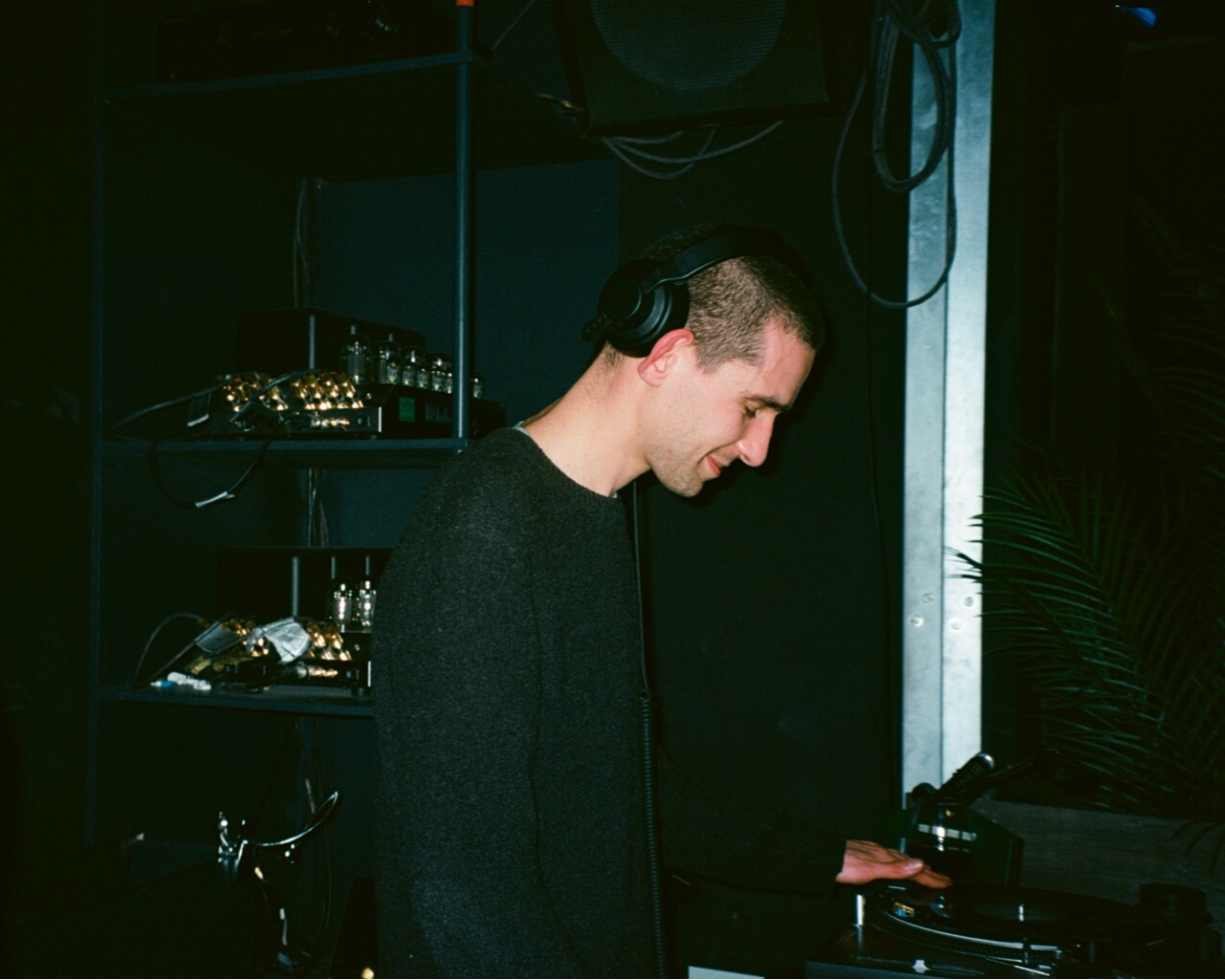 Tal Fineman
Tal Fineman
I’ve always associated Arts Council England with a very traditional idea of what might constitute art – museums, opera, ballet or the theatre spring instantly to mind. As a DJ, producer (and, in my teenage years, a veteran of the UK’s grassroots indie rock scene), my culture plays out in very different spaces - dark basements, pub backrooms and ‘toilet circuit’ dive bars - surely a world away from the established, traditional world of ACE.
However, in recent years the Arts Council have been working to dispel this image, and their new 2020-2030 ‘Let’s Create’ strategy seems to reflect this, with a focus on championing a wider range of culture, and, in the words of ACE chief executive Darren Henley, bringing “world class art and culture to people’s doorsteps”.
As such, I was interested to read that for 2020-2021, Arts Council England would be expanding the scope of their ‘Developing Your Creative Practice’ (DYCP) fund. Their scope has widened to include DJs, sound engineers and lighting designers, alongside other “performer/creators, arts and cultural educators, community practitioners/engagement specialists, movement directors, cultural conservators, creative enablers, creative technicians.”
So, I set out to explore the new opportunities the Arts Council are creating for younger creatives like myself – how easy is it for us to access the fund in practice, and is it really intended for the kind of forward-thinking, progressive youth culture projects that I’m passionate about?
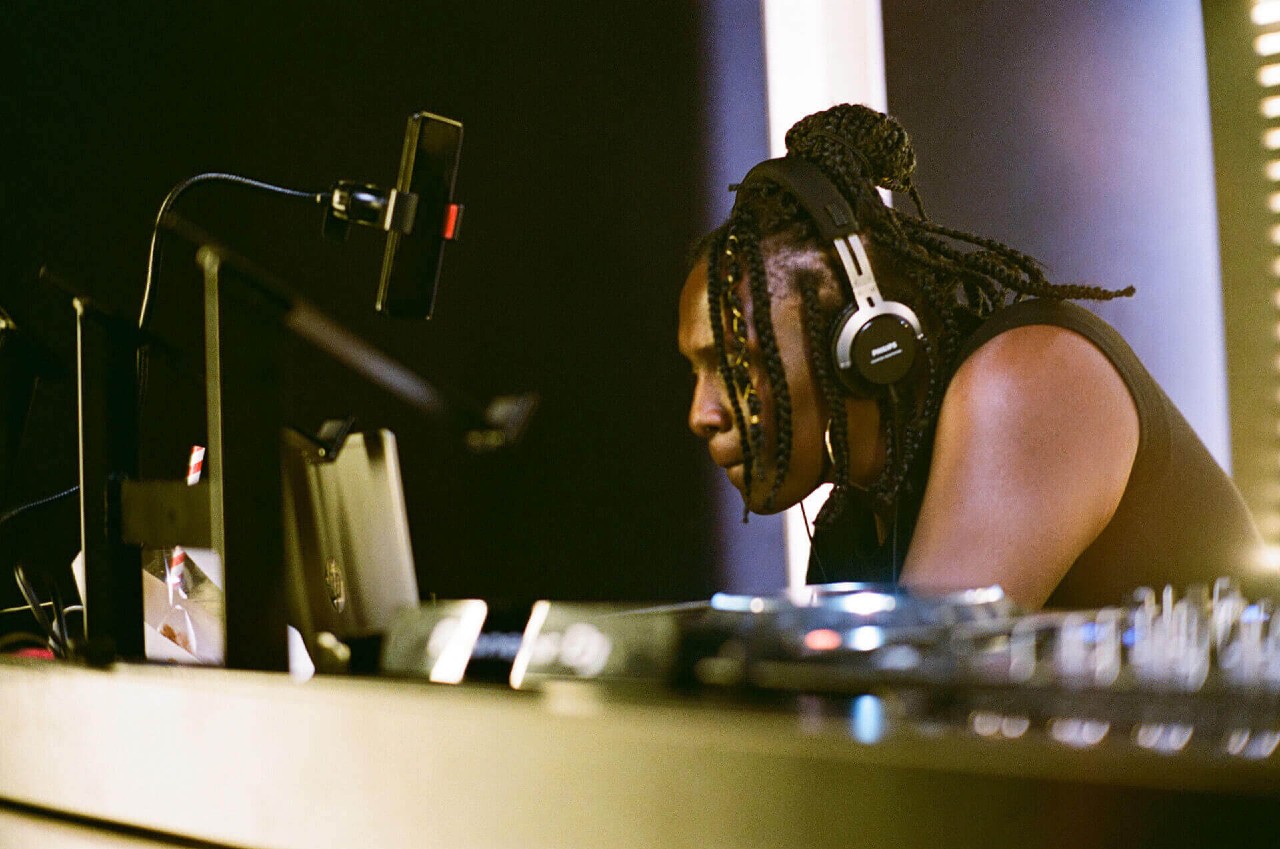
Coming from a background in grassroots music scenes, the first thing to note is that the [Arts Council guidance] for DYCP can seem convoluted, overwhelming, and shrouded in bureaucratic red tape.
Although ACE claim the application was designed to be “as light touch as possible”, guidance comes in the form of a drawn-out 42 page document, or a 27 page [“Easy Read Version”]. In addition, lots of the ‘helpful tools’ on their website (such at this short quiz) don’t seem to serve much purpose beyond ensuring applicants have read this before they apply.
'Developing Your Creative Practice' is designed for individuals or small, established groups of performers who are at an “early to mid-point stage in their practice” – so if you’re thinking of applying, don’t feel disheartened if your project isn’t already well established.
Grants are awarded between £2000-£10,000 to fund your creative development, preferably a longer period of development that allows you to work in new ways rather than a small, one off opportunity. Although “the immediate person who benefits from DYCP is you”, the Arts Council says strong applicants should “demonstrate how your activity will have an impact on people’s cultural and creative development”.
Considering that the scheme has been specifically expanded to include DJs this year, I am a little disheartened to read in the guidance that “DYCP can’t support performers if they are performing someone else’s work without providing their own creative input or leadership.”
This requirement might pose a challenge to some applications which are oriented around DJing using other people’s music. If I were putting together an application focused on my practice as a DJ, I think I’d want to address this directly, explaining to ACE exactly how my DJing provides a creative input. Beyond DJs, if you play in a band, rap/MC, produce your own music or work creatively as a technician (eg in sound/lighting), this funding is definitely something you should also consider.
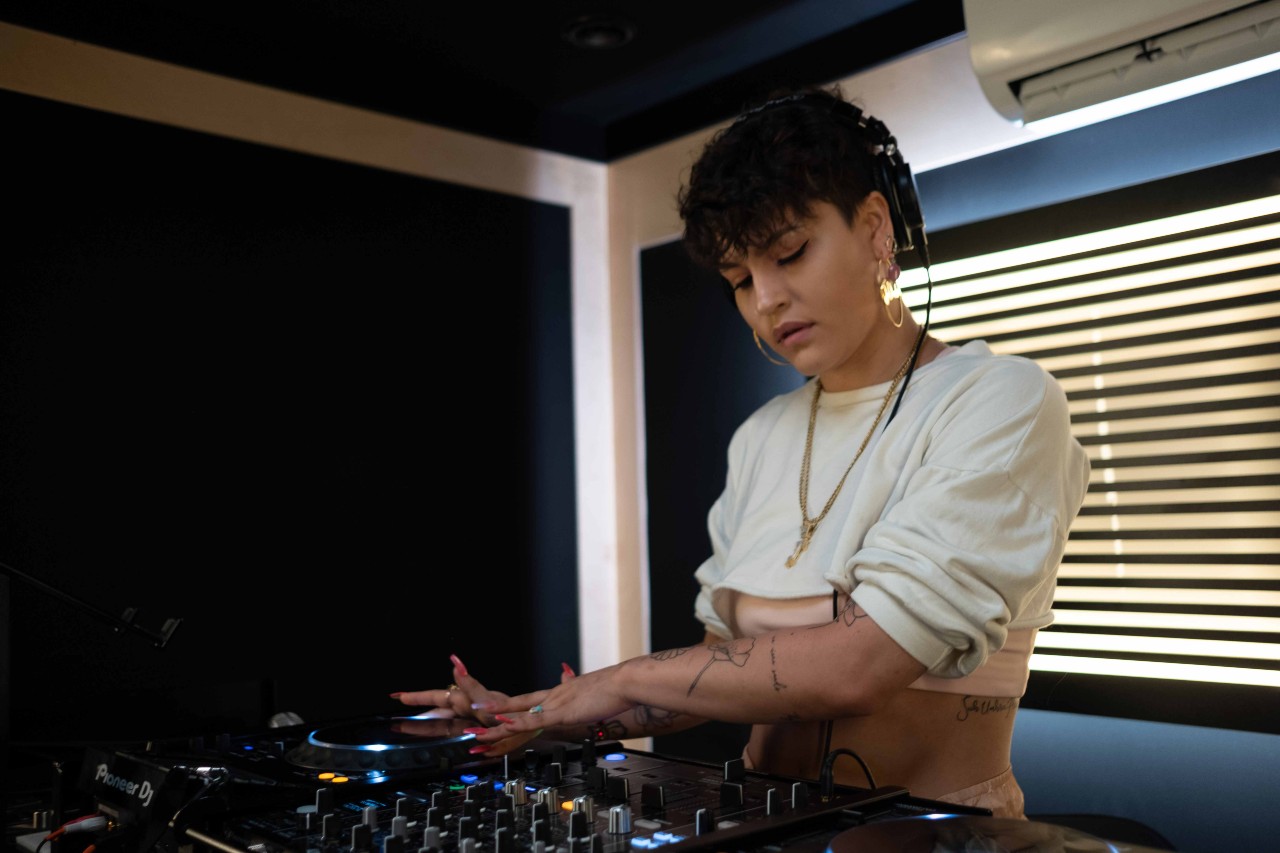
To find out more, I arranged to catch up with arts and theatre producer Dais Hale. They're no stranger to DYCP applications, using their extensive experience with the Arts Council to work as a grant writer, running workshops/Q&As and supporting applicants to put together the strongest application possible.
Dais agrees that “people in tech or music don’t realise this grant can be for them”, but they’re quick to stress that this shouldn’t stand in the way of your application.
“If you think you’re the kind of person that shouldn’t apply, you’re probably exactly the kind of person that should, especially if you’re from an intersectionally diverse background or feel like the process isn’t for you.”
“Precision and detail is your friend when it comes to these applications” advises Dais:
"Know exactly what you want to do, how you want to do it, who you’re going to work with and how that will progress your project – where is the place you want to be? Work backwards from there and use this to form the basis for your application."
Applying for these kinds of grants can be a daunting and unfamiliar process for those of us who are used to operating on a grassroots level, often self-funding our creative projects on shoestring budgets.
Dais is quick to emphasise what a transformative effect this kind of grant could have on your creative practice – “this can be a catalyst, speeding up a process that might usually take years because you have the resources available to you”. I can’t disagree – despite the inaccessible and convoluted application process, these grants represent an amazing opportunity for young creatives to grow and develop.
It’s encouraging to see the Arts Council making an initial effort to engage with newer artforms that tend to fly under the radar when it comes to formal support – especially in the current moment, when so many artists are struggling to cope with the ongoing pressure of COVID-19.
The first round of successful applicants will be announced in late December – so I suppose only time will tell whether this fund is really there to support grassroots youth culture.
Whilst the tone of the Arts Council’s Guidance and the extensive application process might be intimidating and offputting, I can’t see why someone in my position wouldn’t put in an application. Dais agrees - “if you have the personal resource to fill out the form, do it – you have nothing to lose, and this is public money that you’re entitled to”.
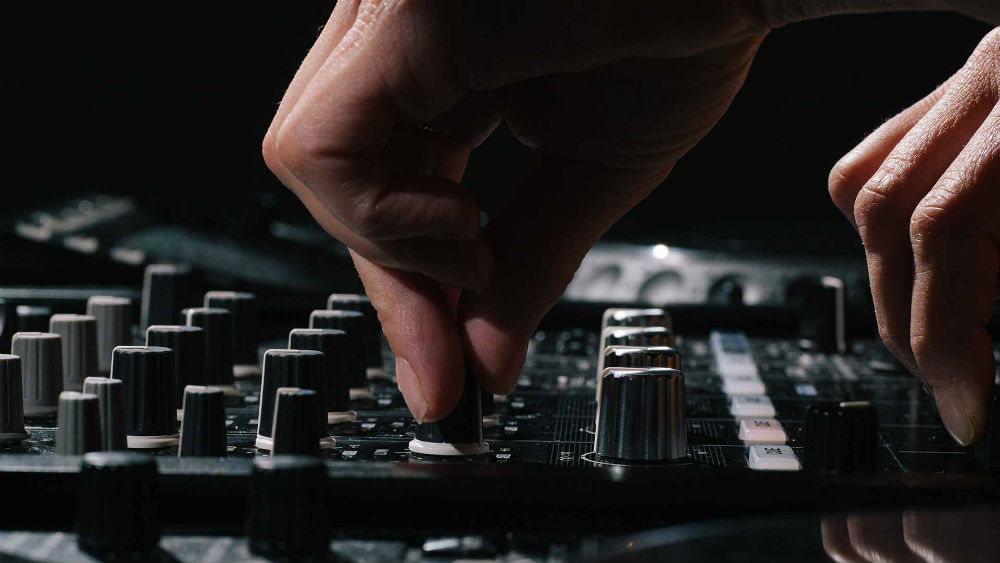
If you’re looking for further advice and guidance on how to apply for 'Developing Your Creative Practice', you might find these notes from a recent info session by Dais a useful place to start.
For more up-to-date music news or to access tips and tricks from industry professionals on DJing, music production, drumming and more, head to the Pirate.com Blog.
To hone your skills as a podcaster, band, producer or DJ, book a Pirate.com studio in the UK, US or Germany.
